Table of Contents
Mindfulness Meditation Practice and Well Being
Mindfulness and well being go hand in hand. Mindfulness meditation practice is one way to truly experience the current moment and integrate that awareness into your everyday life. It’s one of the most incredible ways for optimal well being. Here’s everything you need to know to get started.
Mindfulness has been shown to increase gray matter density in the hippocampal region of the brain. The hippocampus is associated with learning, memory and emotional control. Mindfulness has also been linked with increased connectivity between the hippocampus and other regions of the brain, including the frontal cortex, which is responsible for executive functions such as planning and decision-making. These findings suggest that mindfulness may improve cognitive function and emotional regulation.
This article contains amazon affiliate links should you make I purchase I receive a commission.

BENEFITS OF PRACTICING MINDFULNESS
1. Mindfulness can help improve focus and attention span
There is evidence that mindfulness may have a positive effect on the brain. A study published in 2014 found that people who practiced mindfulness had more grey matter in certain areas of the brain. These areas are associated with memory, learning, emotion, and self-awareness. The study also found that mindfulness was linked to improved cognitive function. (The Novica Meditation Ring is a great tool for beginners.)
2. Mindfulness can help improve memory and cognitive function
There is some evidence to suggest that mindfulness can help with cognitive function. One study showed that mindfulness meditation improved performance on tasks requiring focus and attention (1). Another study showed that an eight-week mindfulness program improved working memory and attention span in participants (2). These findings suggest that mindfulness may help to improve concentration and focus, and may also improve memory.
Mindfulness helps with cognitive function by teaching people to focus on the present moment. This allows them to focus on what they are doing, instead of worrying about the past or the future. Mindfulness also helps to improve attention and concentration, which can improve cognitive function.
Mindfulness has been shown to have a positive effect on cognitive function. One study found that mindfulness improved attention, working memory, and executive function. Another study found that mindfulness improved task flexibility and cognitive inhibition. These findings suggest that mindfulness may be helpful in improving cognitive function in people with attention deficits or who are easily distractible. (The Gaiam Yoga Block offers back support for long periods of sitting.)
3. Mindfulness can help reduce stress and anxiety levels.
Mindfulness is a term that has been gaining traction in recent years, as more and more people are recognizing the benefits of incorporating mindfulness into their lives. Mindfulness has been shown to be an effective way to manage stress, as it allows you to focus on the present moment and not worry about the past or the future. When you are mindful, you are able to take a step back and assess your thoughts and feelings without getting wrapped up in them. This can be helpful when you are feeling overwhelmed or stressed out, as it allows you to take a step back and gain some perspective.
There are many ways to incorporate mindfulness into your life, and one of the simplest is to practice meditation. Meditation can be done anywhere, at any time, and it only takes a few minutes per day. There are many different types of meditation, so find one that works best for you and stick with it. You may also want to try yoga or another form of exercise that helps you to stay in the moment. Whatever you do, make sure that you take some time each day to focus on yourself and your well-being.
4. Mindfulness can help improve emotional stability.
Mindfulness and emotional stability are closely related. When we are emotionally stable, we are more able to be mindful of our thoughts and feelings. Conversely, when we are mindful, we are more likely to be emotionally stable.
One of the main benefits of mindfulness is that it allows us to step back from our thoughts and emotions and to view them objectively. This can help us to manage them better, both in the short-term and long-term. For example, if we are feeling anxious, mindfulness can help us to see the thought or experience that is causing the anxiety in a new light. This can help to reduce the intensity of the emotion.
Similarly, if we are struggling with a longstanding emotional issue, mindfulness can help us to explore it more fully and to understand it better. This can ultimately lead to a resolution or at least a greater understanding of the issue.
5. Mindfulness can help improve overall mental well-being.
Mindfulness refers to a state of moment-by-moment awareness, which is characterized by open attention to and engagement with the present experience. Mindfulness has been shown to be beneficial for mental well-being, as it helps people to focus on the present moment and reduces rumination on past experiences or worries about the future. One way to cultivate mindfulness is through mindfulness meditation, which involves focusing your attention on your breath or on a specific object in your environment.
Mindfulness is the practice of being fully aware of what is happening in the present moment. This can be done through simple techniques like focusing on your breath, or by paying attention to the sensations in your body.
The key to mindfulness is to practice regularly, and to be patient with yourself. It can be difficult to stay focused on the present when your mind is constantly racing, but with practice you will gradually learn to quiet your thoughts and simply observe what is happening around you.

There are many ways to cultivate mindfulness, and the following are just a few examples:
1. Practice meditation. This is one of the best ways to learn how to focus your mind and stay in the present moment. There are many different types of meditation, so find one that works best for you and stick with it.
2. Take a mindful walk. When you’re out for a walk, try to focus on all of the different things you see and feel. Pay attention to the sights, sounds, smells, and textures around you, and take time to appreciate them. These are my favorite hiking shoes and I’ve put down some serious miles in them.
3. Eat mindfully. When you’re eating, try to focus on the taste, smell, and texture of the food. Notice how it feels in your mouth, and pay attention to the way it makes you feel physically and emotionally.
If you want to get started you can download my bliss guided meditation for free right to your inbox. Just click on this link below.
Or checkout my – Deep Trance Guided Meditation Here.
HAPPINESS
The practice of meditation can help to foster happiness in our lives. When we take the time to sit in silence and focus on our breath, we are able to calm the mind and let go of the stress and anxiety that can often keep us from being happy. In addition, when we start to see our thoughts as just thoughts, and not necessarily who we are, we can begin to let go of negative emotions and thoughts that keep us from being happy. By practicing meditation regularly, we can learn to find more peace and happiness in our lives, even during challenging times.
Longevity
Mindfulness meditation practice and longevity seem to have some correlation.
There is evidence that meditation may promote longevity. One study showed that long-term meditators had a significantly lower mortality rate than control subjects. Another study showed that meditation may increase telomerase activity, which is thought to promote longevity. There are many possible explanations for these findings. One possibility is that meditation reduces stress and promotes a healthy lifestyle. Another possibility is that meditation may affect the brain in ways that promote health and longevity.
How To Begin With Meditation
First, find a comfortable place to sit or recline. You may want to sit in a chair with your feet flat on the ground, or you can recline on the floor.
Close your eyes and focus on your breath. Inhale deeply and exhale slowly. As you inhale, say to yourself “I am breathing in” and as you exhale say “I am breathing out.” Do this for a few minutes.
When you’re ready, begin to focus on a mantra or positive affirmation. Repeat it over and over in your mind. Some popular mantras are “I am safe,” “I am loved,” and “I am peaceful.”
Continue to focus on your breath and mantra for 10-15 minutes. When you’re finished, slowly open your eyes and take a few deep breaths.
WHAT TO EXPECT
There is no one answer to this question, as the effects of meditation vary from person to person. However, some of the potential benefits of meditation include increased focus, reduced stress and anxiety, improved sleep quality, and a stronger sense of self-awareness. Additionally, those who meditate regularly may experience longer-term changes in their thinking and emotional patterns, leading to increased happiness and decreased negative emotions.
Once you have begun a regular meditation practice, you can expect to see a number of positive changes in your life. You may find that you are more productive and efficient at work, and that your relationships with friends and family are stronger. You may also find that you are less reactive emotionally, and that you are better able to handle stress. Additionally, regular meditation can help to improve your sleep quality and overall sense of well-being.
You can expect to feel calmer and more relaxed after you start meditating on a regular basis. You may also find that you are more focused and productive in your day-to-day activities. Additionally, you may experience an increase in your overall sense of well-being.
HOW OFTEN SHOULD I MEDITATE
When beginning a mindfulness meditation practice many people want to know how often they should practice mindfulness. There is no one answer to this question. Some people find that meditating every day helps them stay focused and centered, while others find that meditating a few times a week is more manageable. Ultimately, it is up to you to find what works best for you. experimentation may be necessary to figure out what frequency works best for you.
To make sure you’re all dialed in with everything you’d need check out my post on the 3 Meditation Essentials right here.
My absolute favorite thing I use for meditating is what I like to call the Ultimate Back Jack. It makes it so much easier to meditate when you are comfortable and have things that will help enhance your ability to sit for long periods of time.
For all the men out there – You’ll absolutely love my go to recommendation ManFlow Yoga.
Please note: This article contains amazon affiliate links.




















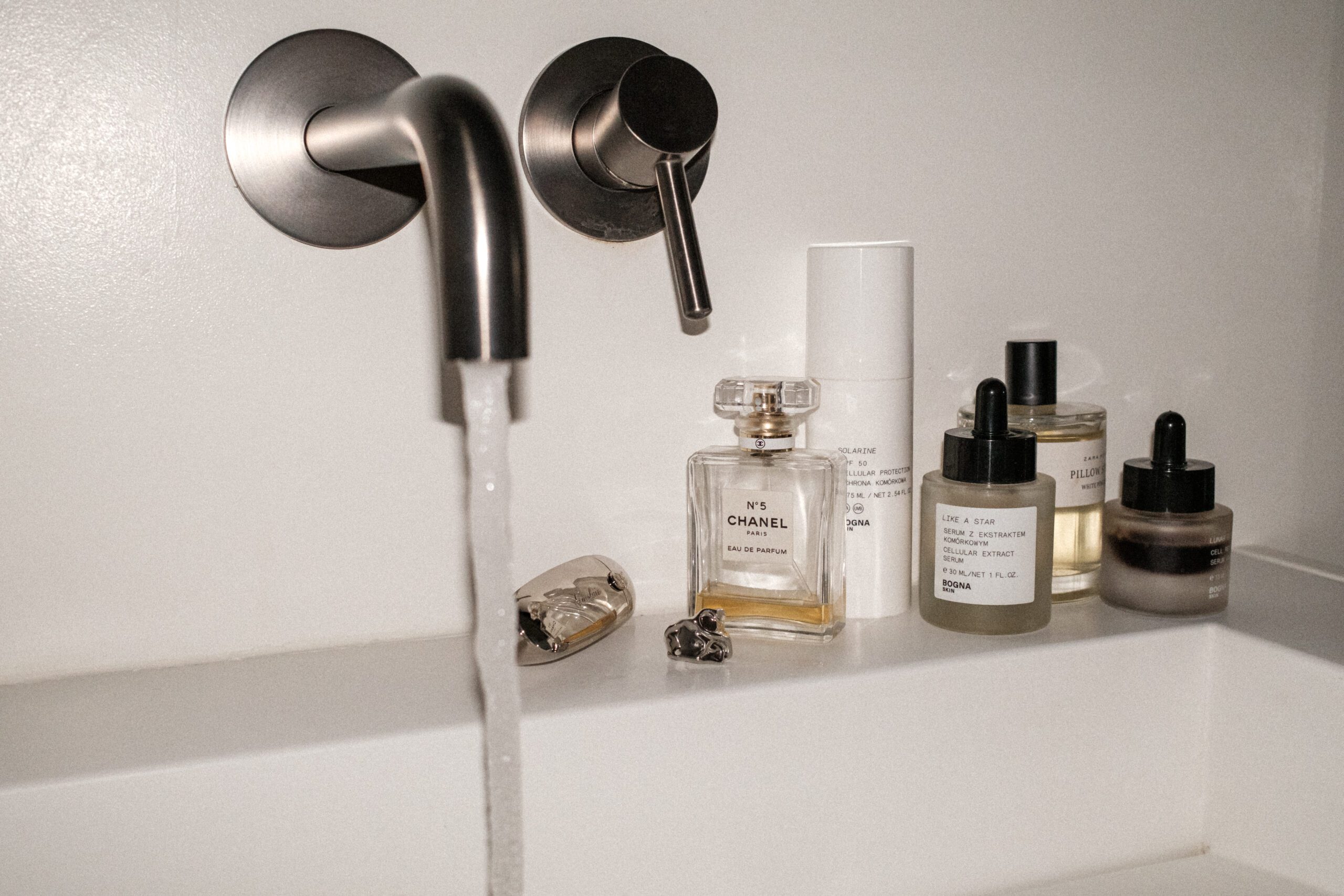

























































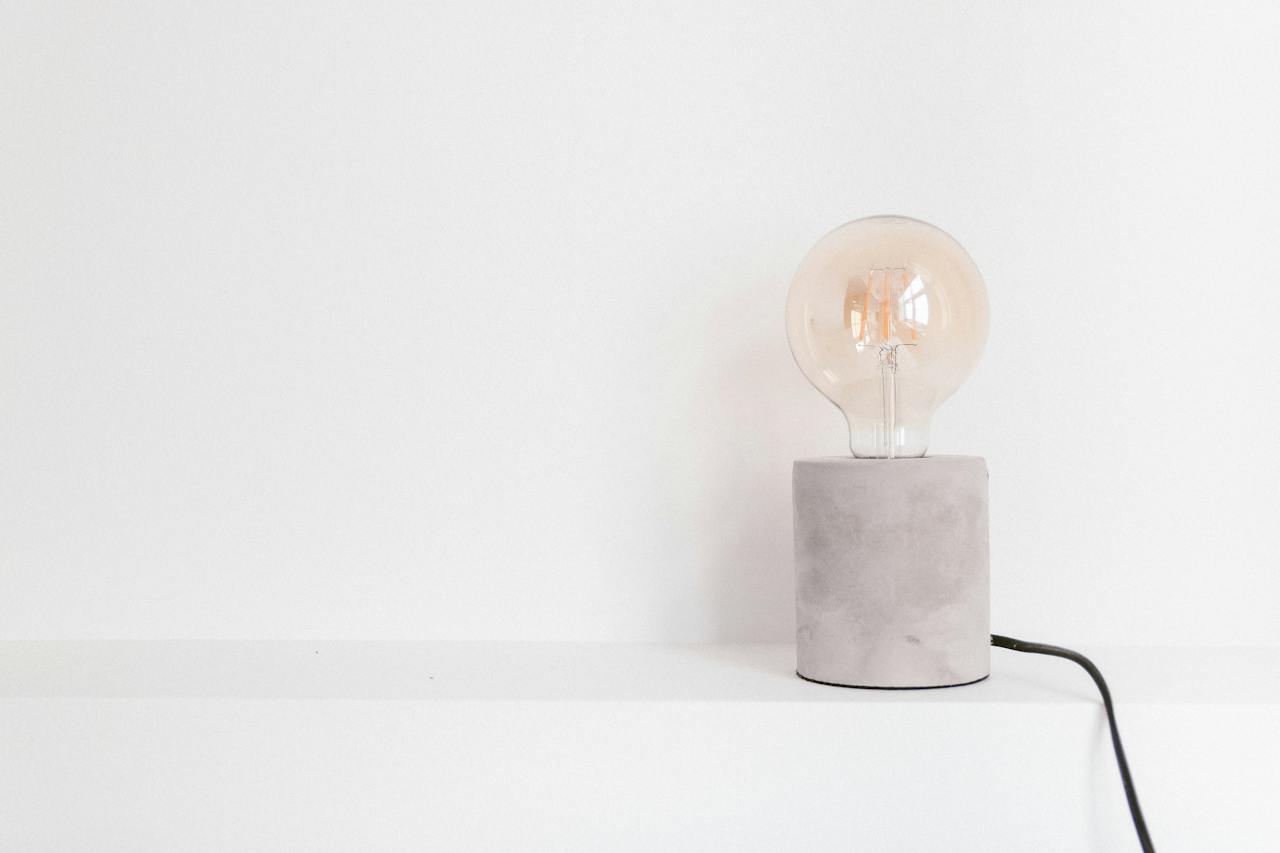



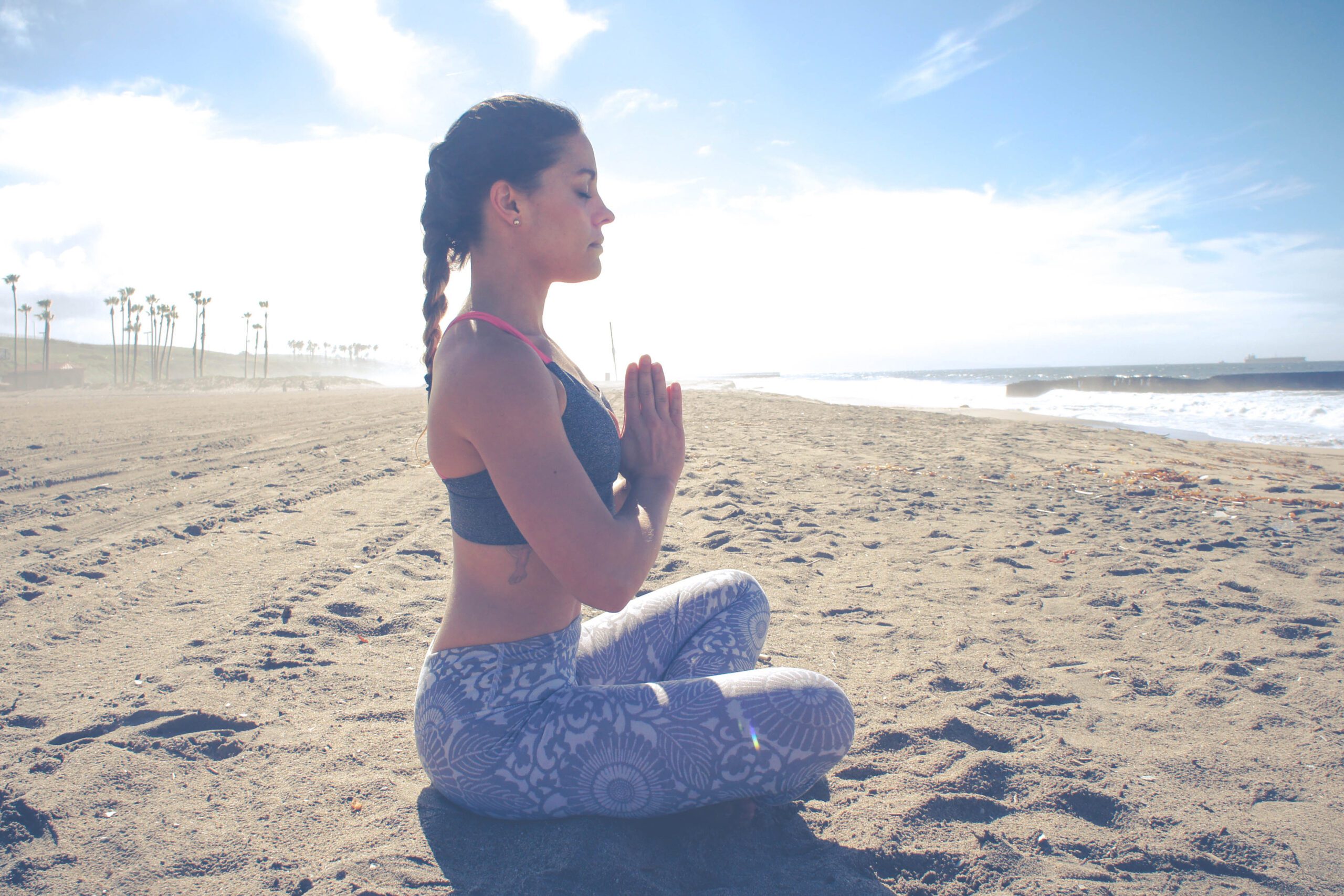







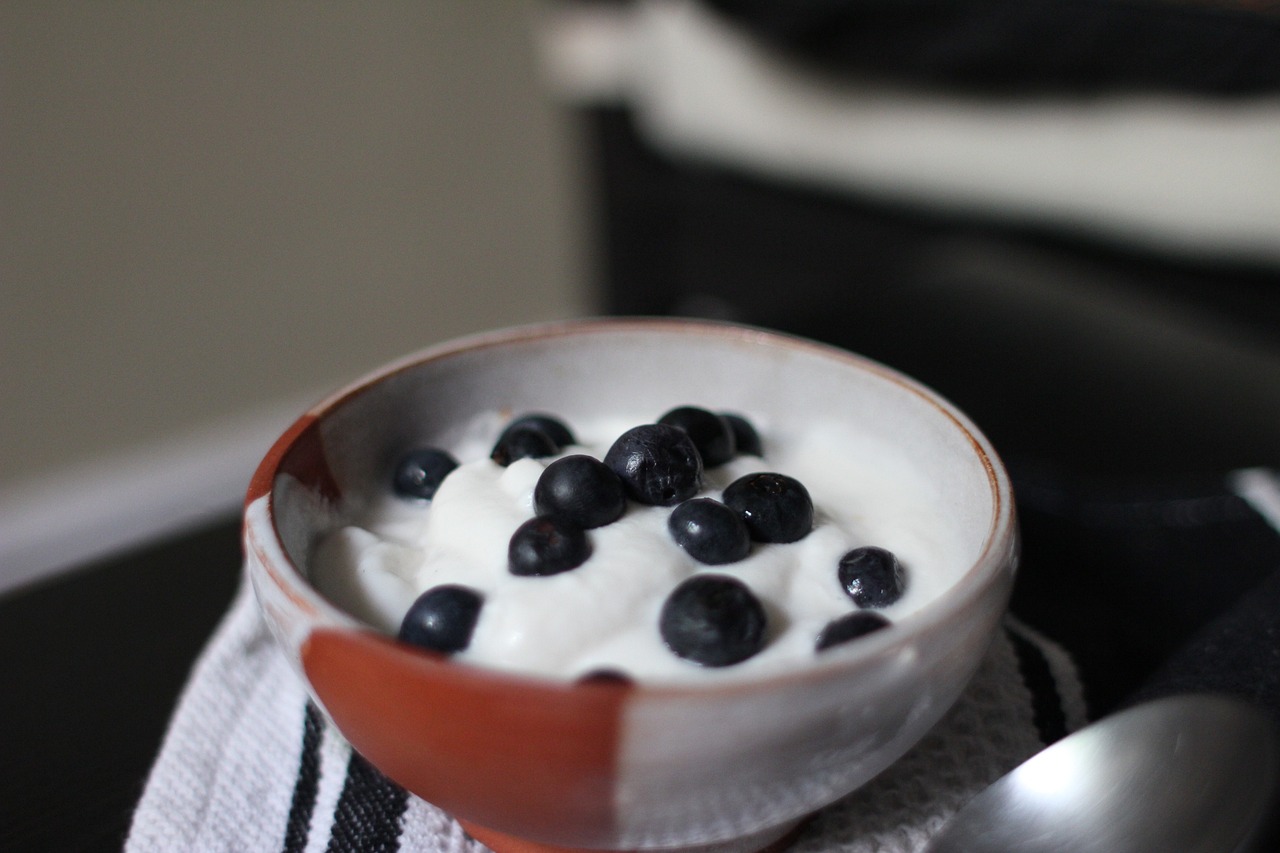



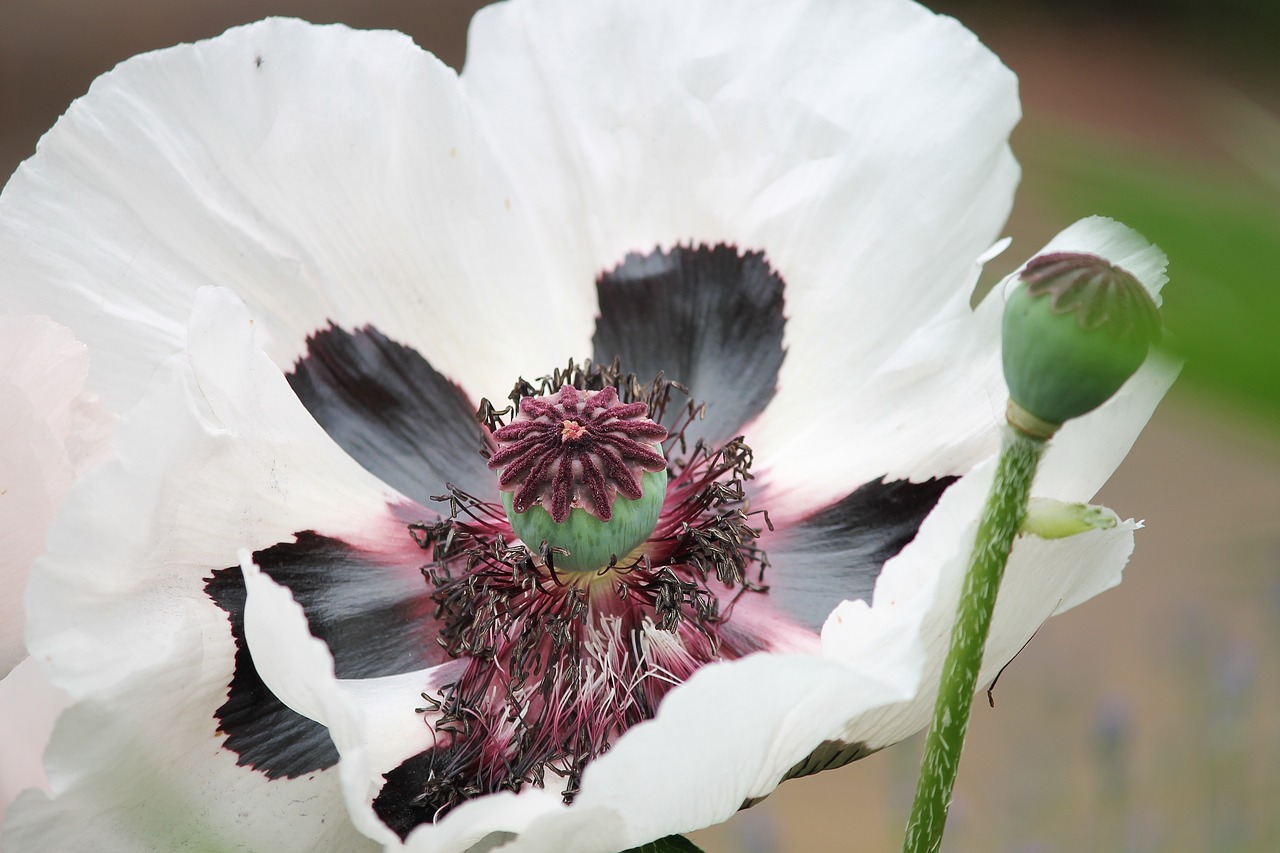




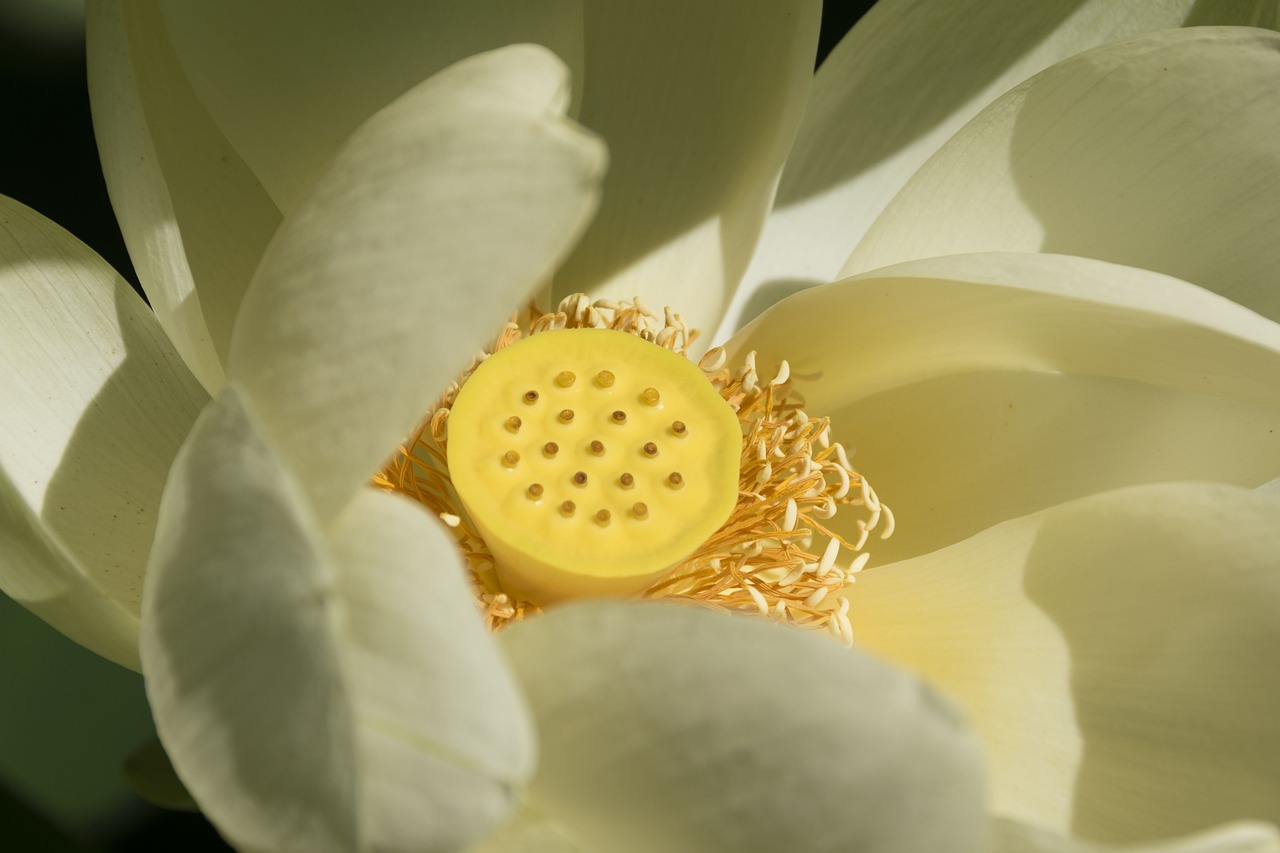


















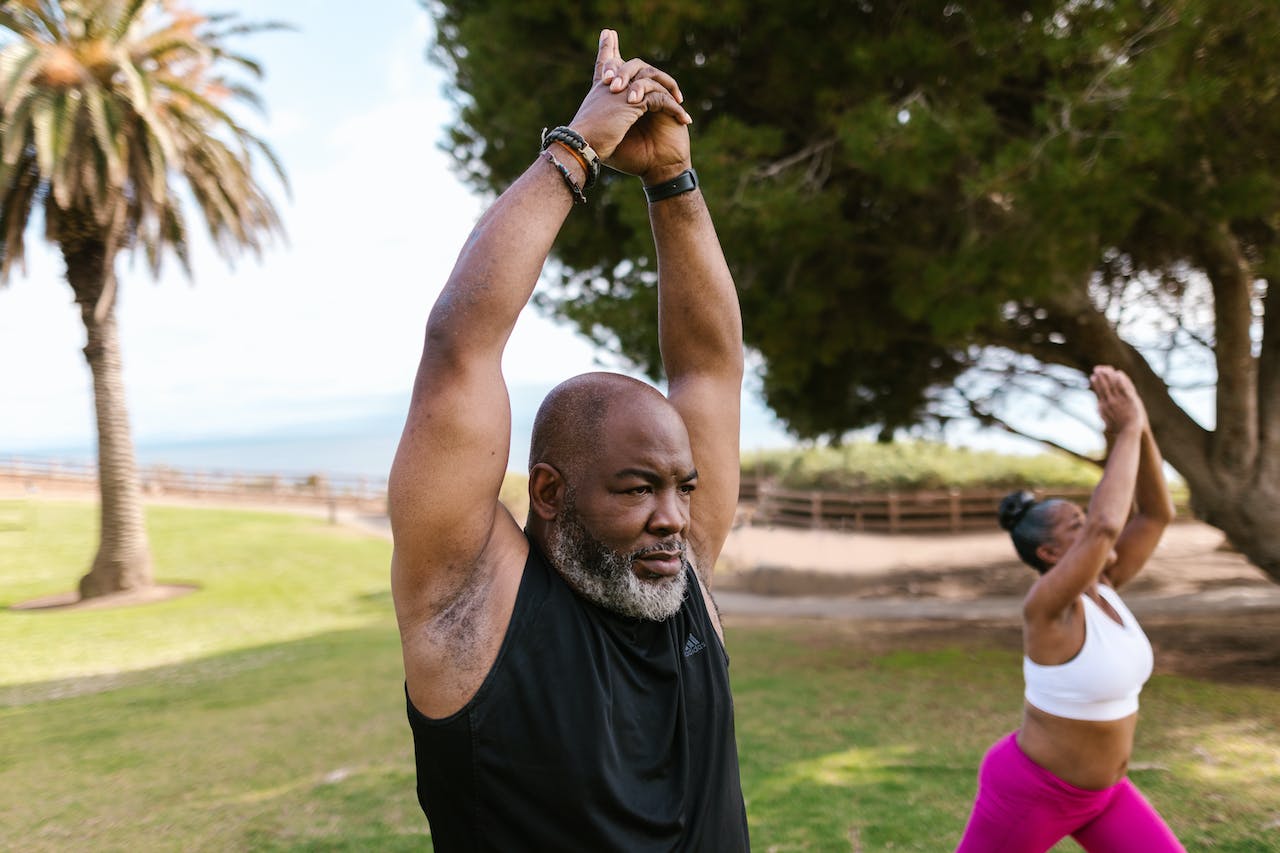



















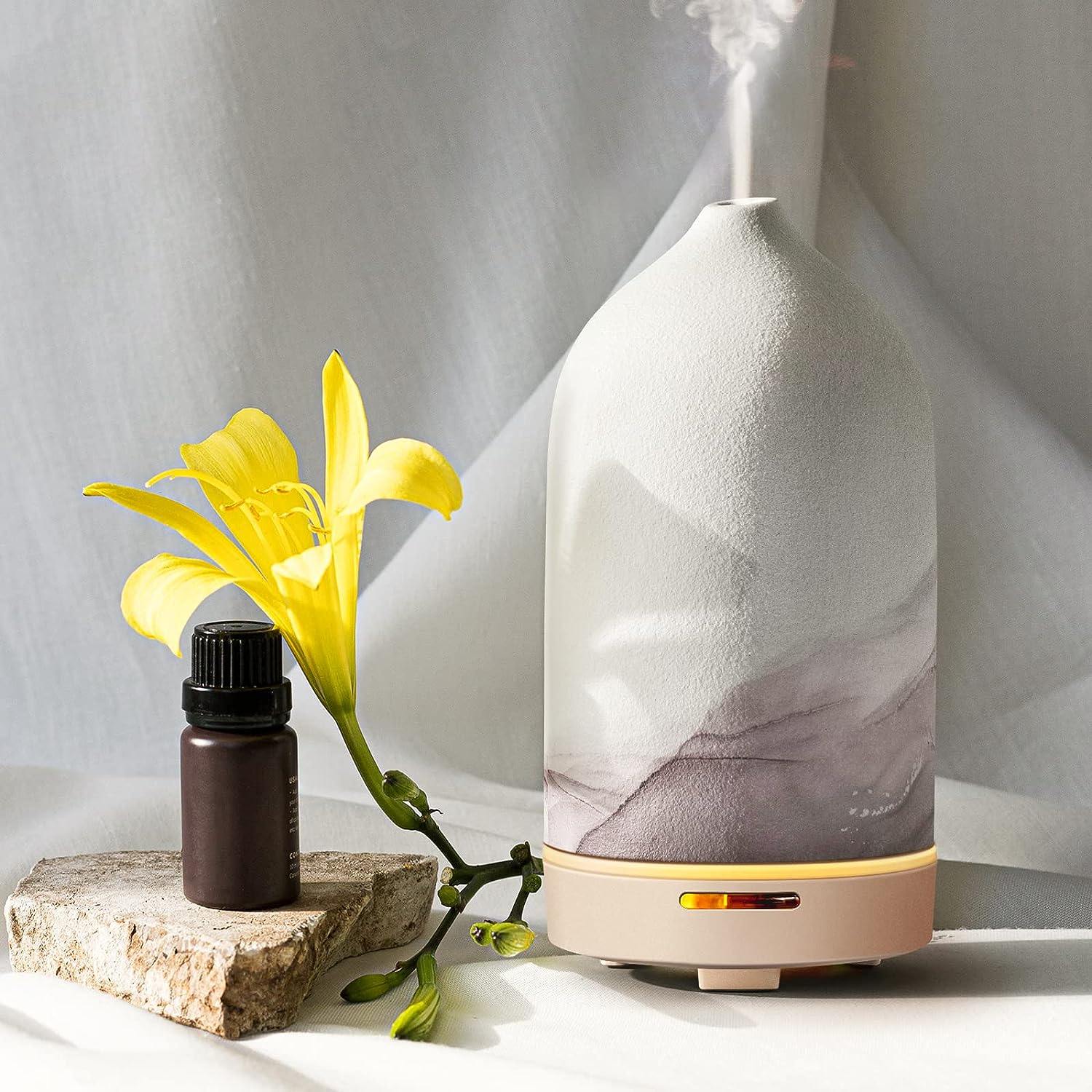












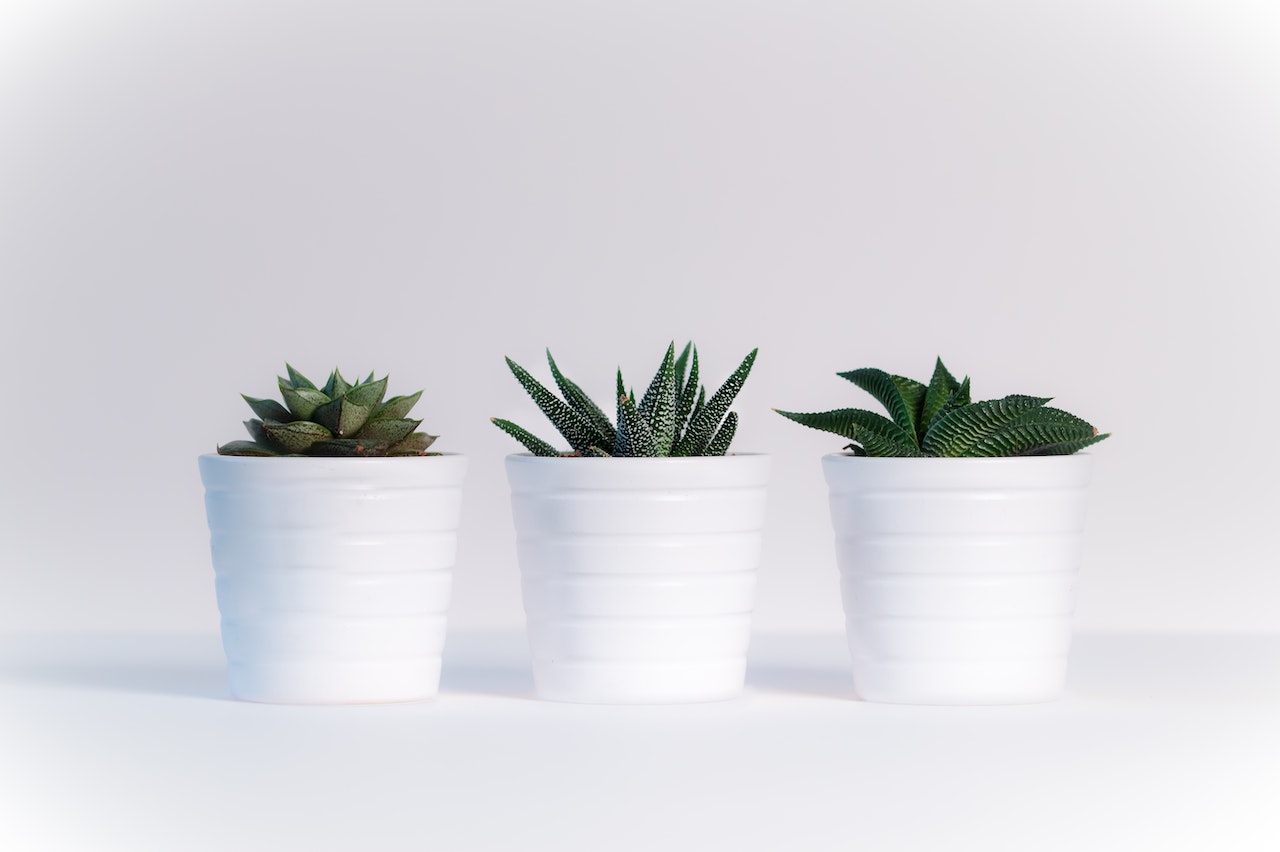

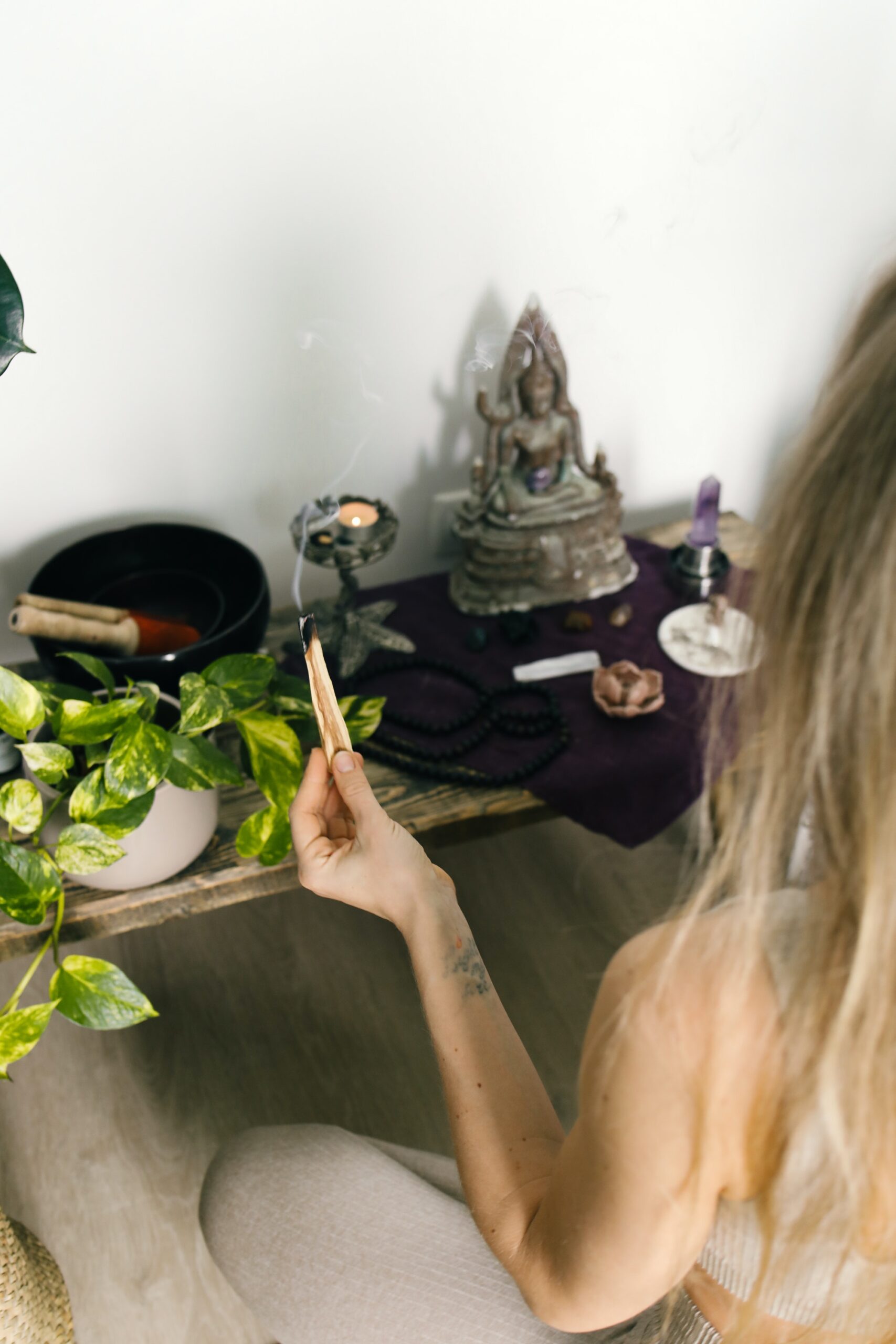
















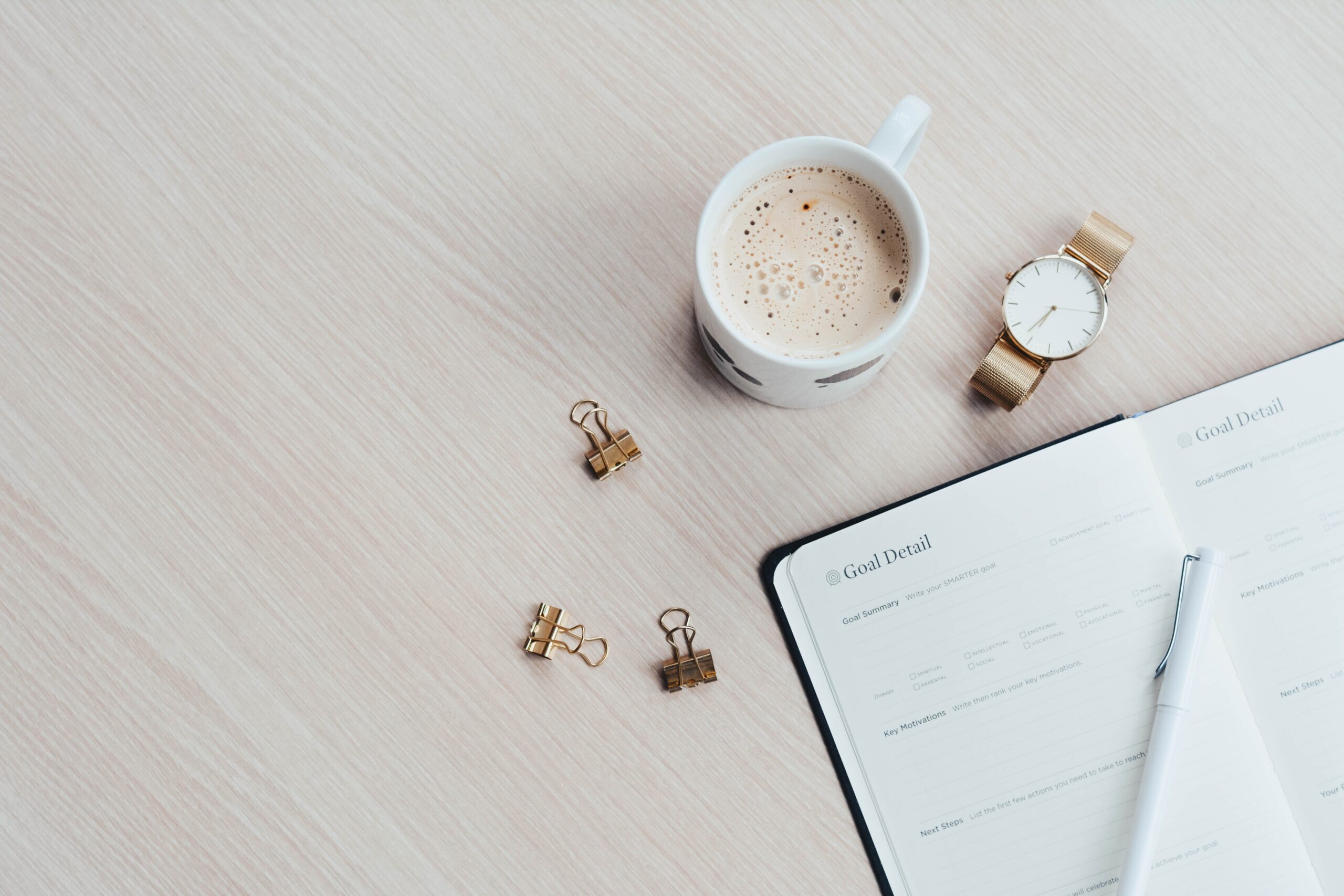
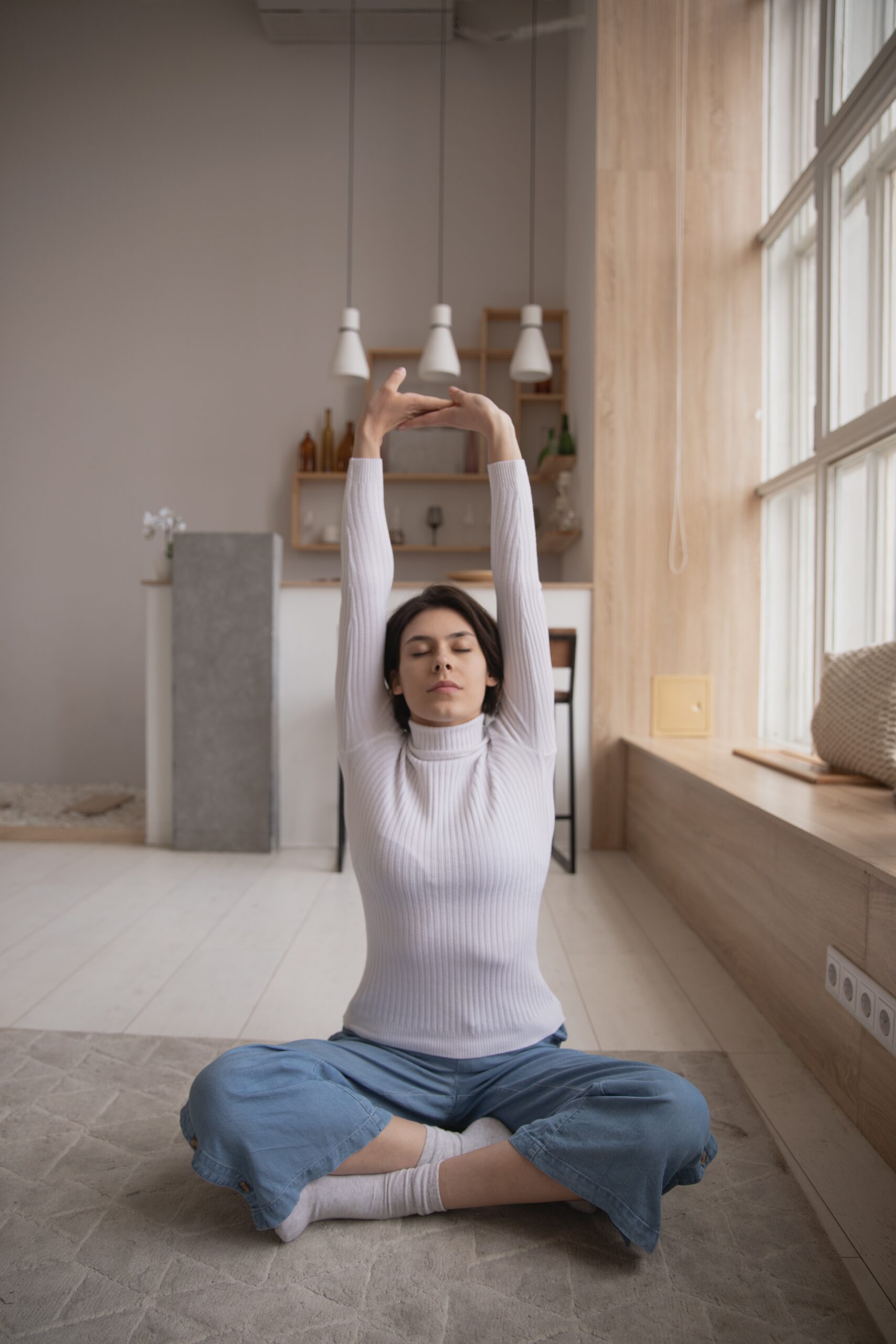

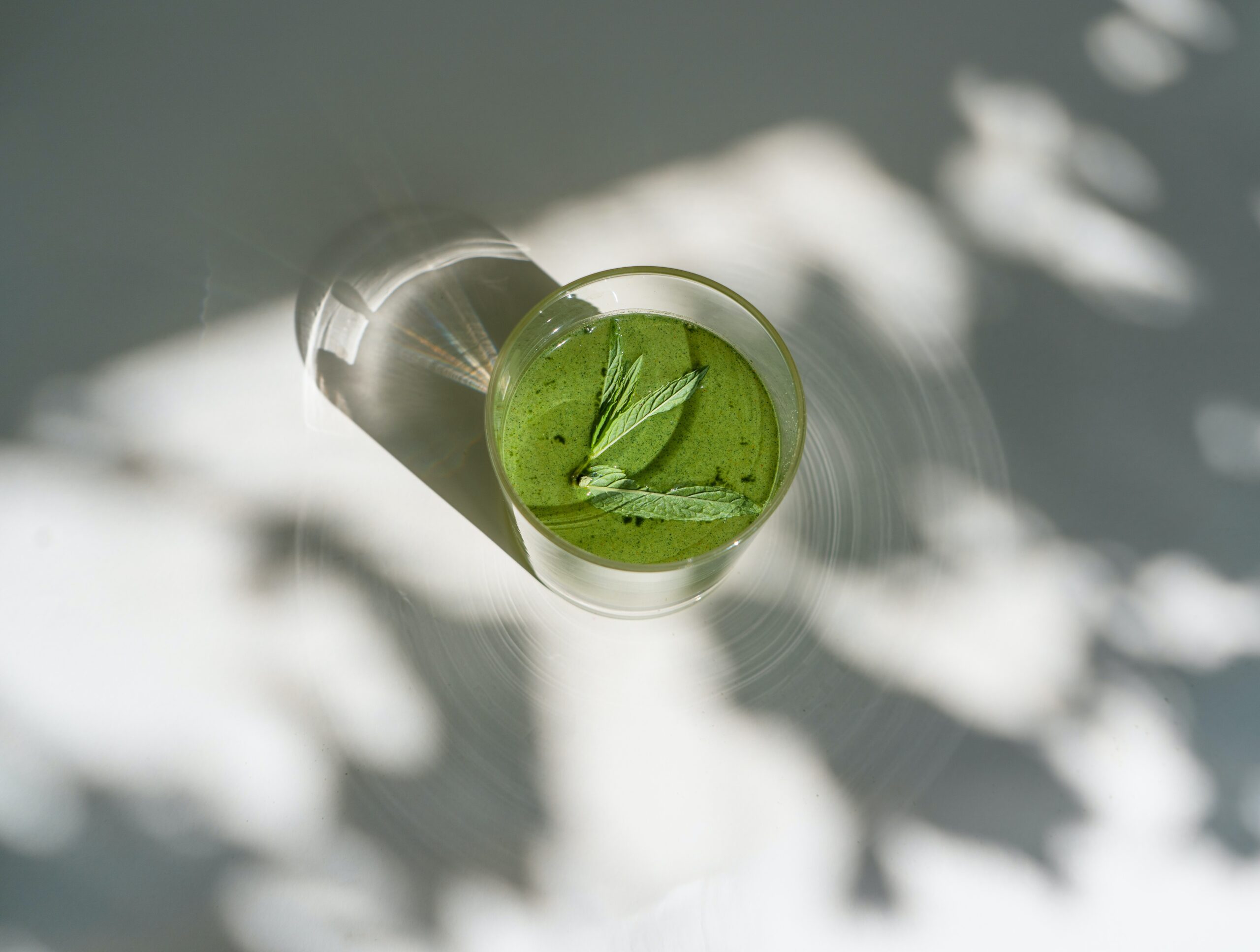


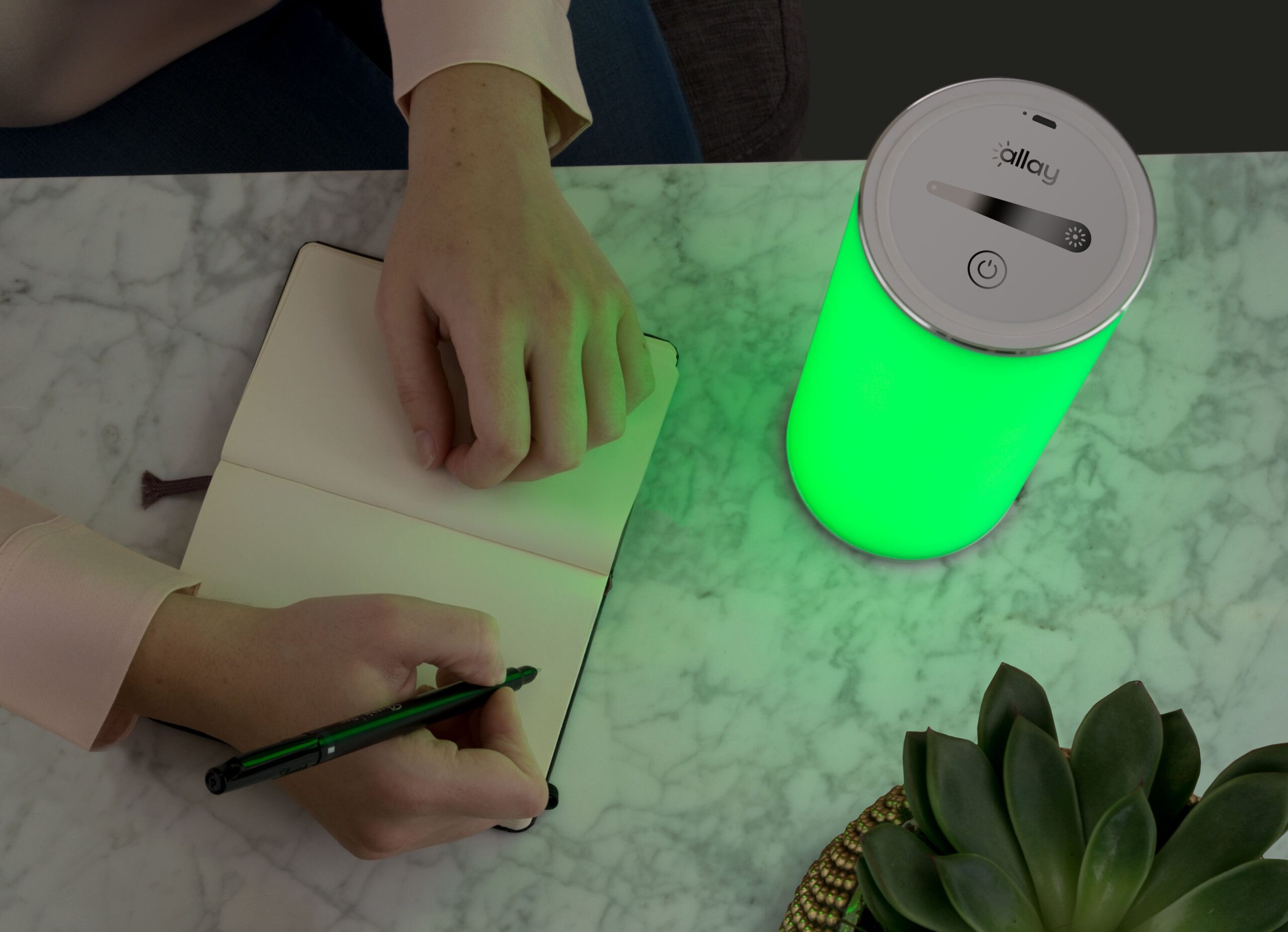








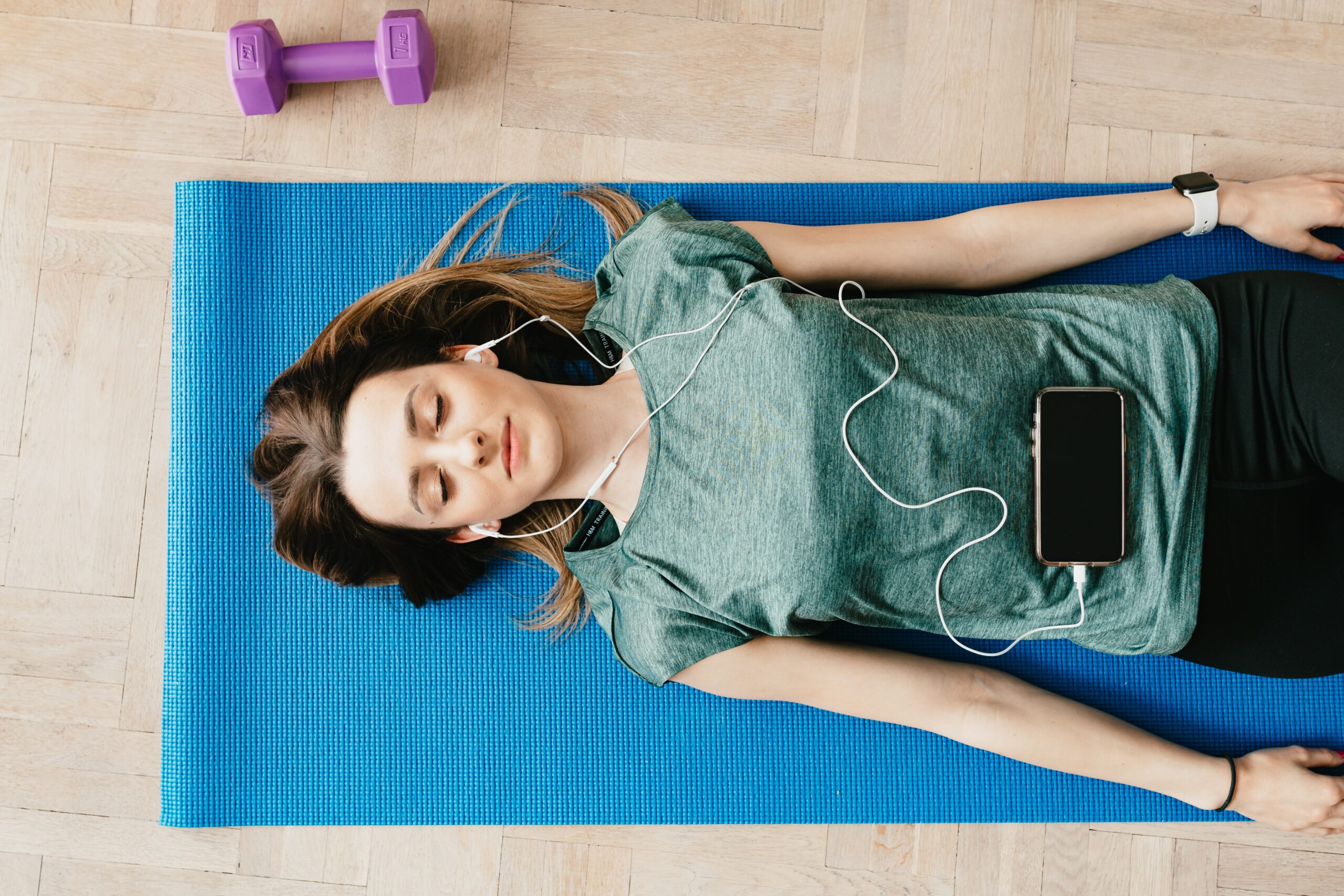





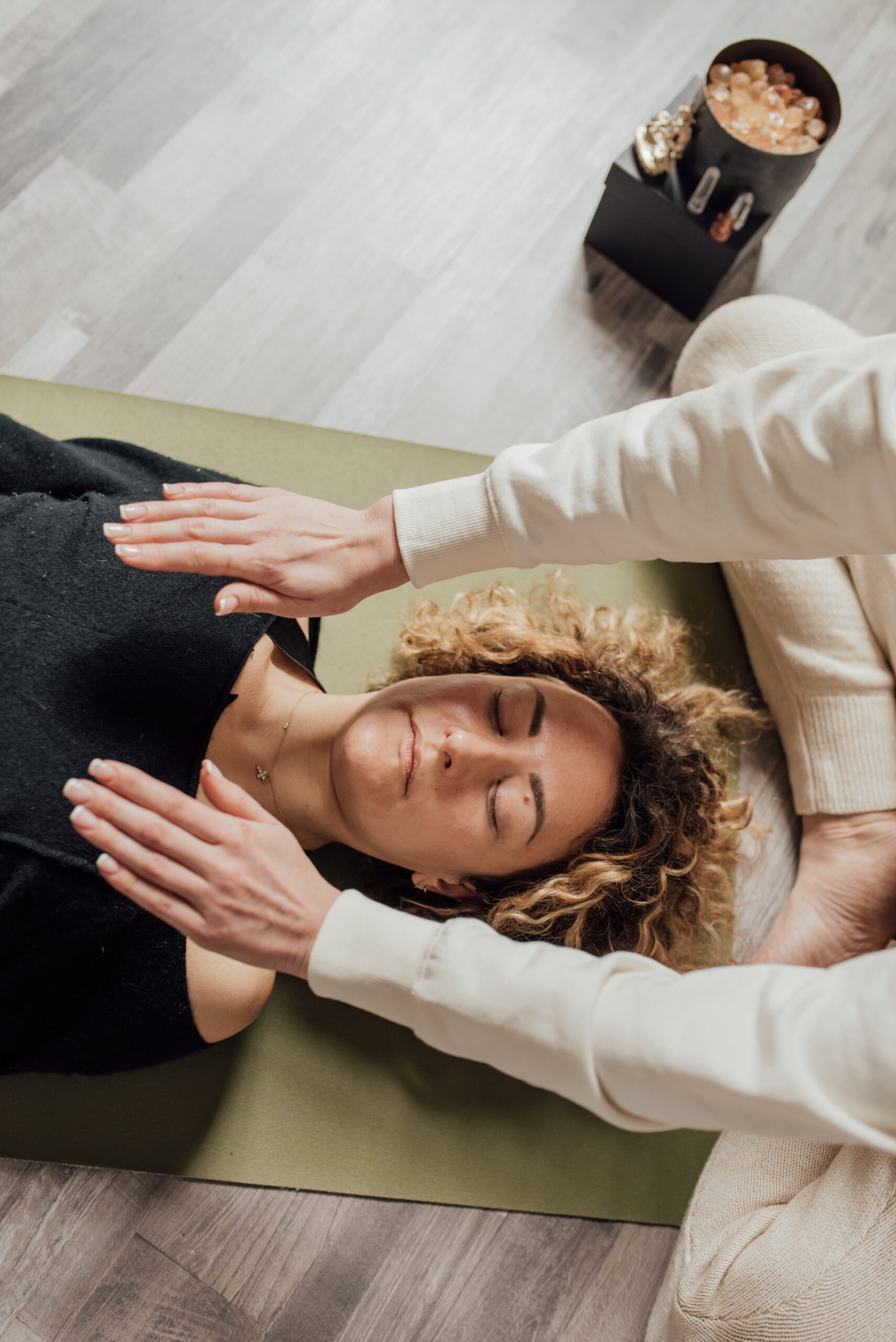











































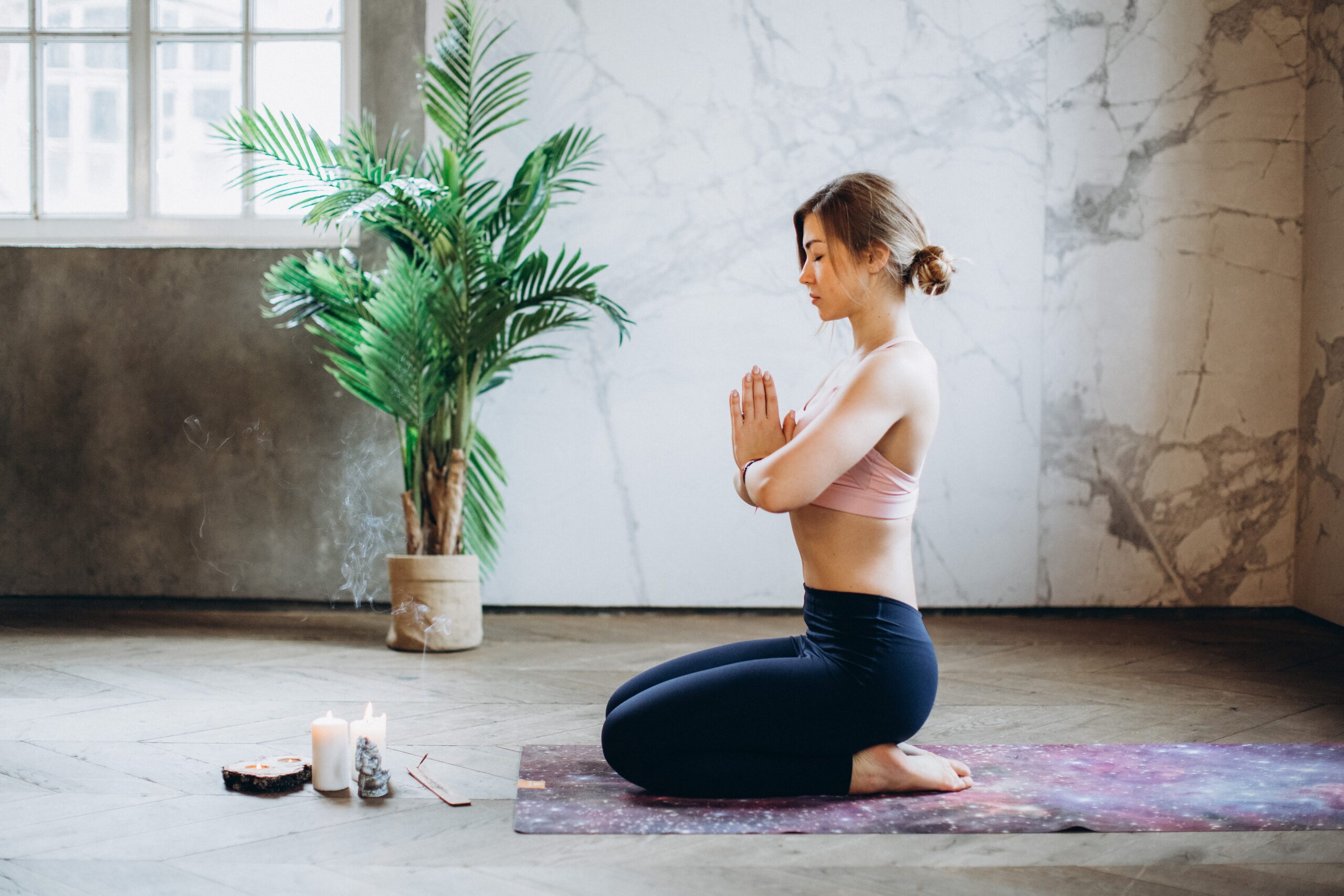



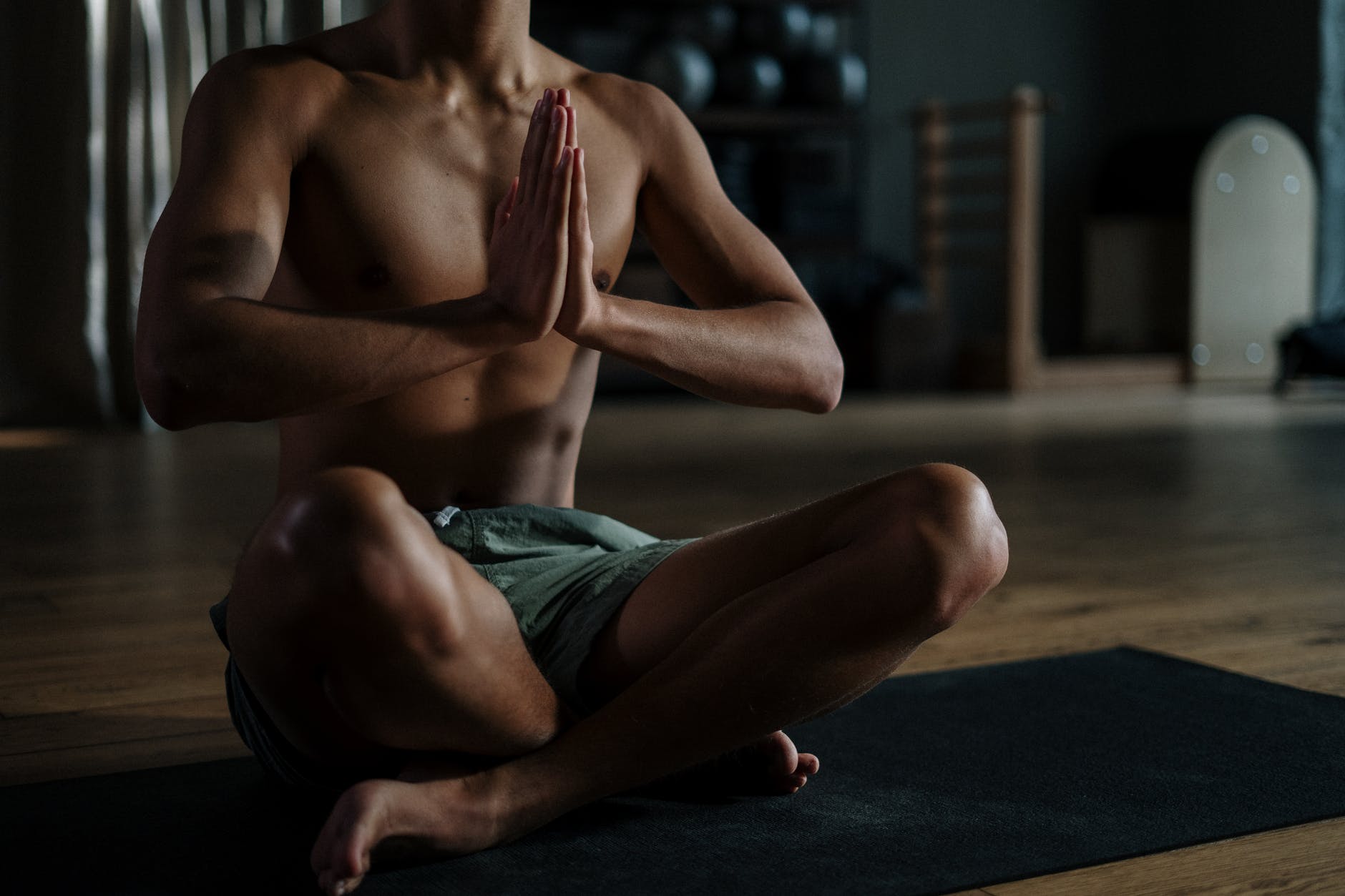


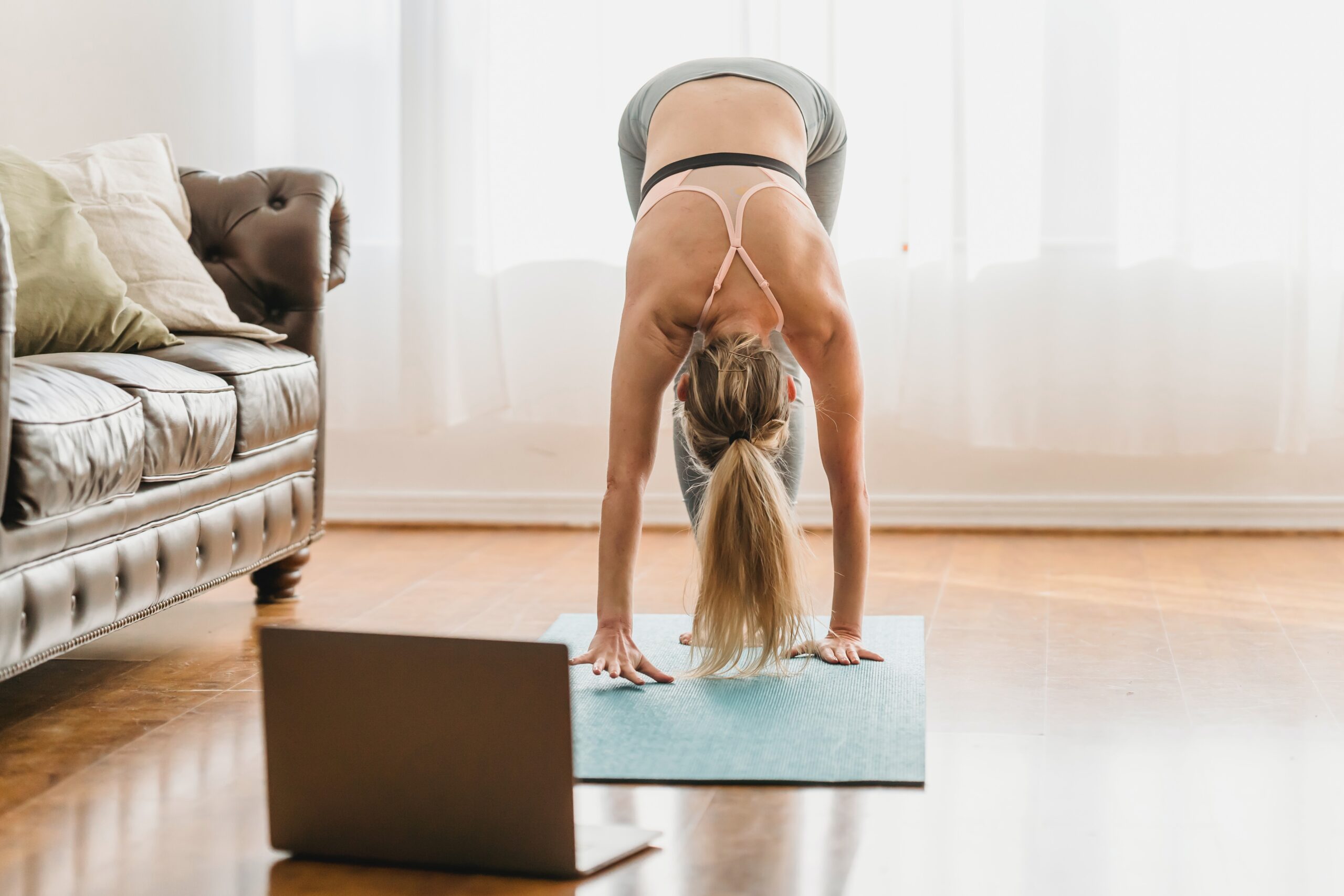

















Thanks a lot for sharing this with all of us you actually understand what you’re speaking about!
Bookmarked. Please additionally discuss with my web site =).
We can have a hyperlink alternate agreement among us
Thanks for your marvelous posting! I really enjoyed reading it,
you could be a great author.I will make certain to bookmark your blog and
will often come back later in life. I want to encourage you continue your
great work, have a nice evening!
I blog quite often and I truly appreciate your information. The article
has really peaked my interest. I’m going to book mark your website and
keep checking for new information about once a week. I subscribed to your
RSS feed as well.
This post is genuinely a nice one it assists new
internet viewers, who are wishing for blogging.
Hi there, I enjoy reading all of your post. I wanted to write a little comment to support you.